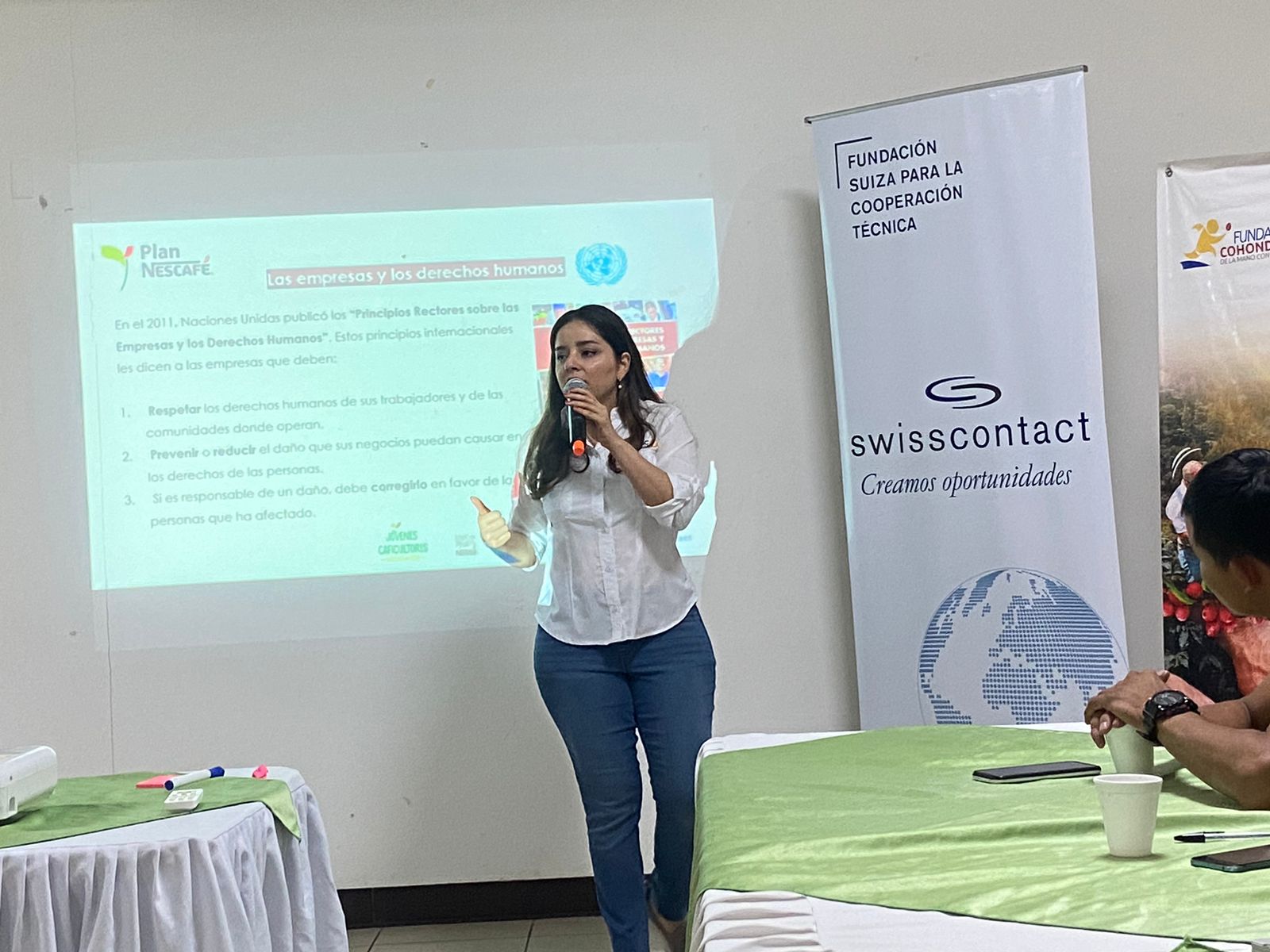Capacity Building ESG and Sustainability
Sipping a cup of coffee in the early morning while reading the latest news about EU regulations on due diligence and responsible sourcing in supply chains (e.g. EUDR, CSDDD) can feel like a world away from the quiet of my office window. Yet, at Atlantic Consulting Group(ACG), these topics are as close as the coffee table in our meeting room.
Once a trendy term, sustainability is becoming a fundamental pillar of modern business practices, shaping regulatory compliance for EU companies, and impacting supply chain actors worldwide, such as coffee producers, cooperatives and traders in Honduras. In this evolving regulatory landscape, EU companies are reassessing their operations, seeking a deeper understanding of human rights and environmental risks within their supply chains.
At our consulting agency, we provide guidance to both upstream companies in producing countries and downstream companies in the EU on topics related to ESG, due diligence and responsible production and sourcing strategies, as well as on identifying risks in supply chains and devising mitigation measures.
Leveraging this expertise, we are currently engaged in a collaborative project with GIZ DaBio and the INA Living Income and Living Wages Working Group focused on ensuring fair incomes for coffee producers in Honduras. GIZ's Initiative for Sustainable Agricultural Supply Chains (INA) has formed a working group of German retailers (Aldi Nord, Aldi Süd, dm-drogerie markt, Kaufland, Lidl, REWE Group, Tegut, agrarlieferketten.org) that has committed to enhancing wages and living conditions for workers and producers in agricultural supply chains.
GIZ DaBio, the working group, and Atlantic Consulting Group as the technical lead, have dedicated recent months to conducting a comprehensive assessment of the needs of coffee producers and dynamics within the coffee supply chain in Honduras. Our objective is to shed light on pathways toward responsible sourcing, offer guidance for decision-making in project development that ensures fair incomes for coffee producers and assess the impacts of new regulatory frameworks on different stakeholders.
Looking ahead, our commitment remains steadfast in fostering sustainable practices within the coffee industry. By leveraging our collective expertise and collaborative efforts, we aim to catalyze positive change, for producers and the entire supply chain ecosystem. We continue to envision a future where ethical sourcing and fair compensation are integral components of business operations.
-

Fotografía por: ACG -

Fotografía por: ACG -

Fotografía por: Bessy Argueta / daBIO GIZ -

Fotografía por: Bessy Argueta / daBIO GIZ -

Fotografía por: ACG -

Fotografía por: ACG

